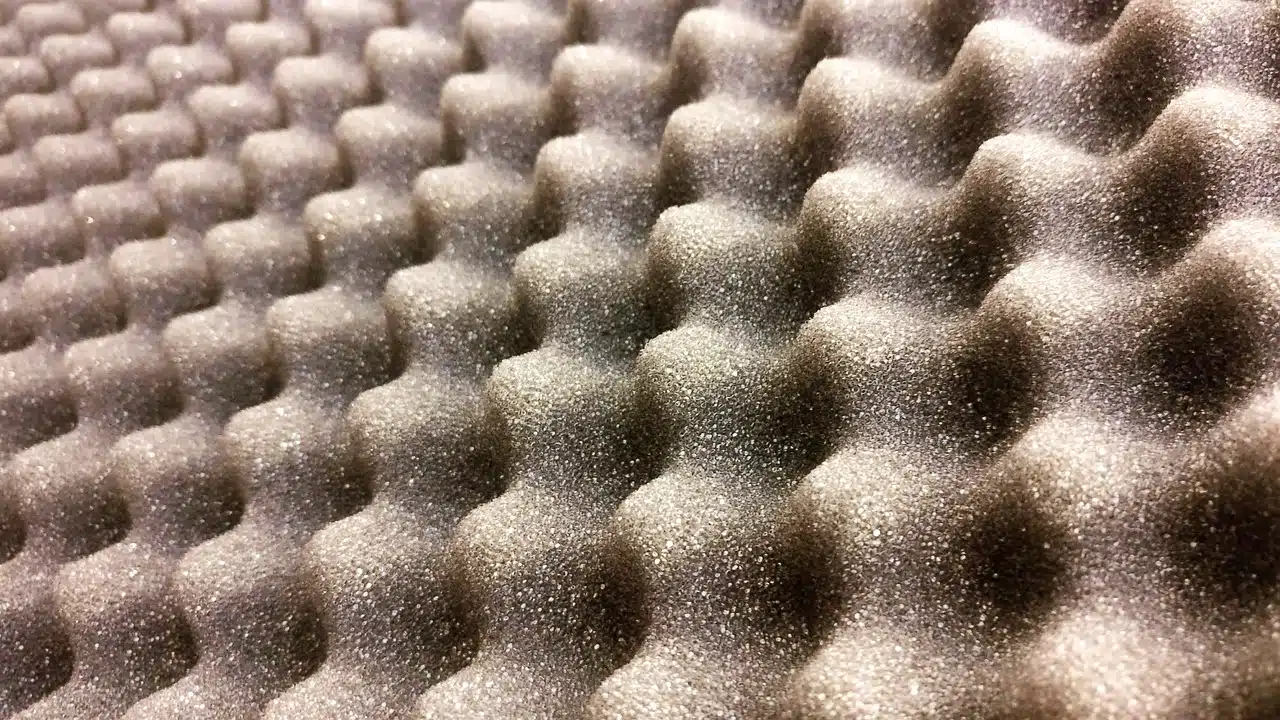
Absorption can consist of promoting a reduction in the intensity of the radiation that passes through an element.
Absorption is a term that is linked to absorb . This verb can refer to different issues: the damping exerted by a body against radiation that passes through it; to the attraction developed by a solid on a liquid with the intention that its molecules manage to penetrate its substance; to the capacity of a tissue or a cell to receive matter that comes from its exterior.
The notion of absorption (from Latin absorptio ) also has broader uses. It can be something that is consumed or spent in its entirety. For example: "The company has already absorbed all its capital" , "This case absorbs all my strength" .
Absorption can also be the action of attracting ( "His speech absorbed the attention of everyone present" ) or, applying the notion to a company , the act of acquiring or incorporating another ( "Megachip absorbed the operations of its rival Conductronic" ). Another use of the term absorption appears in linguistics , where it designates the phenomenon that arises when a vowel is incorporated into the sound of a consonant and, therefore, disappears.
Absorption in chemistry and physics
In chemistry , absorption is a process that separates the components of a gas through the inclusion of a solvent in a liquid state, with which it creates a solution .
For physics , absorption is a decrease in the intensity of radiation passing through a body.
digestion
Digestion , on the other hand, is the process of absorbing nutrients that is carried out when eating food; Several types of enzymes act in it that separate those elements that can be used to be transformed into energy and collaborate with the normal functioning of the body. This process is possible thanks to different interconnected organs (digestive system) where each one fulfills a function to give the body the nutritional supplements to live.
It should be noted that within the digestive process there are several stages: ingestion (food enters the body through the mouth), chemical and mechanical digestion (food is crushed and united with acidic substances secreted by the salivary glands and becomes a bolus for pass through the rest of the organs of the digestive system), absorption (nutrients pass through osmosis from the digestive system to the different areas of the circulatory and lymphatic system) and excretion (elimination of materials that have not been digested by the body). abroad).

The process of absorption of nutrients that occurs thanks to food is called digestion.
Differences between absorption and adsorption
Regarding the definition of the term from physics, we can say that absorption is a process in which certain elements, such as molecules, atoms or ions, pass from one state or phase to another, forming a body or material with different characteristics. . It also refers to radiation that, despite lacking volume, can be absorbed, joining the body that attracted it.
This concept is often confused with adsorption and are often even used interchangeably; However, its meaning is diverse .
The term adsorption refers to a physical-chemical process in which certain elements (atoms, ions and molecules) are retained on a solid surface ; It has a substance that allows it to attract these elements and create stronger chemical bonds from them.
The difference between both concepts is that for absorption to occur, the elements must be transferred from one place to another through an absorbent type material, while in the case of adsorption, they are retained (except for radiation , which is not included) on a surface with an attractive force.
